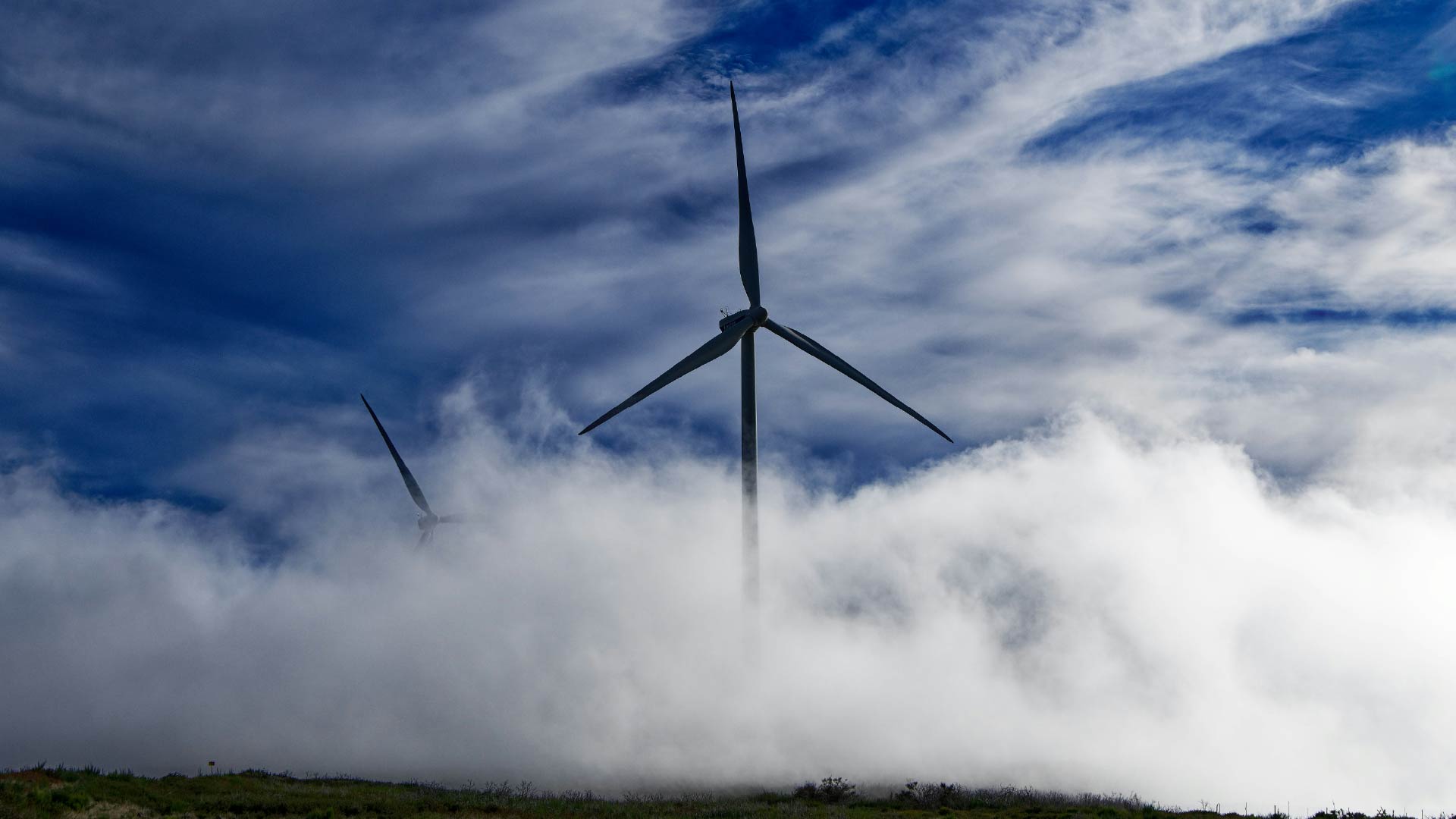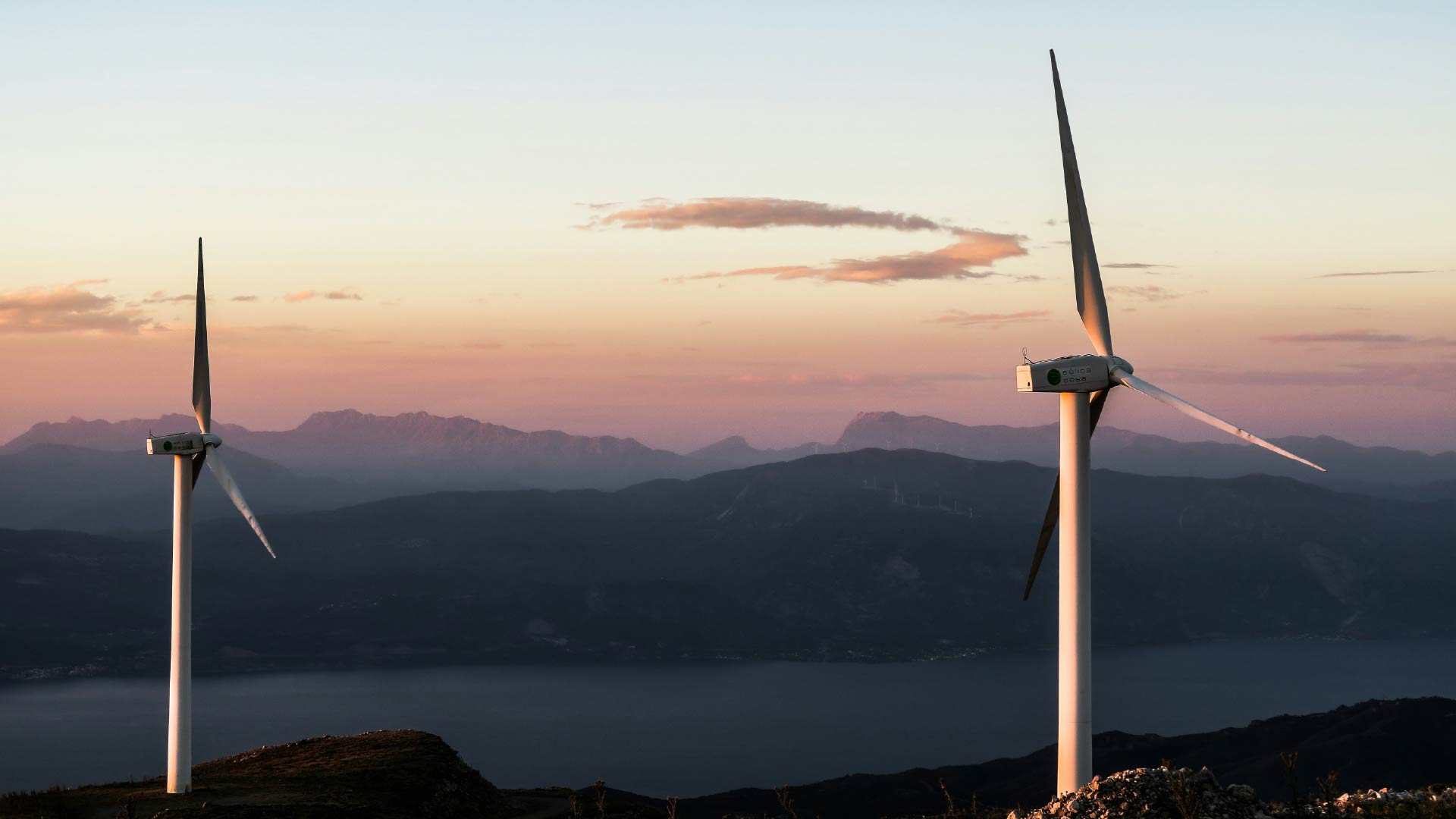As Climate Lawsuits In The US Escalate, New Policy Risks Will Follow

Emma Cutler
The number of climate lawsuits is skyrocketing. According to Columbia University’s US Climate Change Litigation Database, fewer than ten cases were filed per year prior to 2005. From 2016 through 2022, there were over 100 cases per year. This trend is expected to continue, as lawsuits are brought against both public and private sector defendants. These cases will address multiple aspects of climate change, including greenhouse gas emissions, net zero commitments and failure to adapt to climate impacts. These lawsuits create legal and policy risks for firms.
Held v. State of Montana is the first constitutional climate case to go to trial in the US. Sixteen young people are suing the state, claiming that pro-fossil fuel policies violate their right to a “clean and healthful environment” as guaranteed by the Montana state constitution. The trial, which is scheduled to run through June 23, 2023, hinges on proving, first, that Montana laws promoting fossil fuel extraction and use contribute to climate change. Next, plaintiffs will argue that climate change is exacerbating water scarcity, wildfires and severe weather – and that these events cause environmental damage, which violates their constitutional rights.
In place of money, plaintiffs are seeking acknowledgement that policies supporting the fossil fuel industry are unconstitutional. New case law emerging from this decision could support climate mitigation efforts. Regardless of the outcome, this trial is a wakeup call about the growing legal and policy risks of climate litigation.
Activists hope that Held v. Montana can catalyze more trials. Pennsylvania and New York also provide constitutional rights to a clean environment, and at least nine other states have introduced legislation for so-called “Green Amendments”. If passed, these amendments would lay the groundwork for similar lawsuits and new policies across the US.
Laws designed to protect the right to a clean environment would create new policy risks. Firms may face legal challenges of their own and could be subject to new regulations and processes. It is therefore critical for organizations to understand the impact of policy developments and to manage the resulting risks. To learn more about tools that can support these efforts, see Verdantix Tech Roadmap: Climate Risk Digital Solutions and Verdantix Smart Innovators: Climate Risk Digital Solutions.
About The Author

Emma Cutler
Principal Analyst





